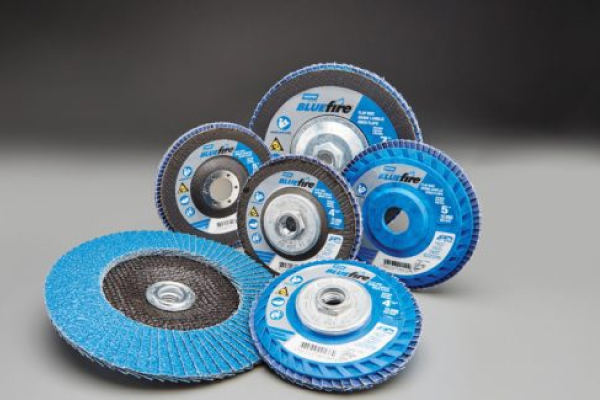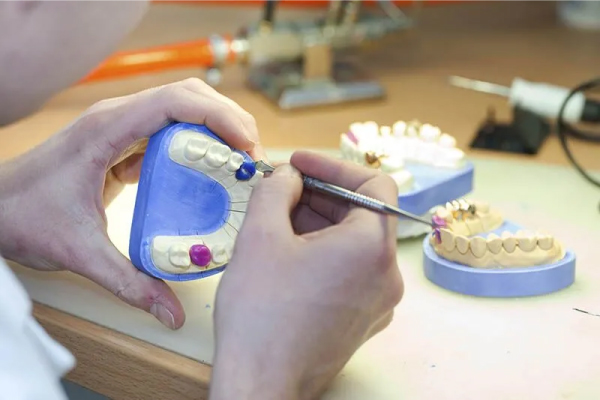
Precipitated Calcium Carbonate

Precipitated Calcium Carbonate
Precipitated Calcium Carbonate (PCC), also known synthetic, or refined calcium carbonate is manufactured by a precipitation reaction. It has the same chemical formula as ground/natural calcium carbonate (produced by grinding natural limestone or marble to a small particle size): CaCO3.
PCC is generally made from a high purity calcium carbonate rock called limestone.
The production process involves grinding rock into small size, calcinating CaCO3 to quicklime (CaO), adding quicklime to water to make hydrated lime or slaked lime, separating impurities, reforming CaCO3 by combining slaked lime with carbon dioxide, then drying and packaging. The PCC products that we are suppling are made from high quality material sources from Vietnam, one of the best sources of limestone in the world.
Precipitated Calcium Carbonate is generally preferred over ground calcium carbonate because (GCC) because of the morphological diversity, high purity, and controlled size distribution.
Firstly, the control of input factors during production process makes different crystal shapes (as scalenohedral, rhombohedral or aragonitic). These shapes have different physical properties such as powder density, surface area and oil absorption, which give them outstanding performance in many applications where ground calcium carbonate does not perform as well.
Secondly, the process of PCC process also helps removing much of the substances that are not calcium carbonate (include feldspar and other siliceous minerals, heavy metals, etc.) and impurities in natural limestone. So, the calcium carbonate can be purified.

Finally, the distribution of particle sizes in a PCC is much narrower than a GCC of the same size. That means there are fewer large particles and fewer small particles in PCC than in GCC, with the same mean size (D50). The narrower particle size distribution allows the generation of high oil absorptions, useful in certain applications.
Applications







